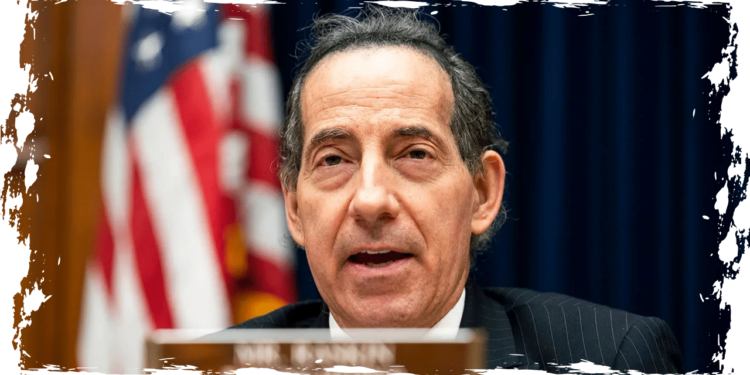Rep. Jamie Raskin (D-Md.) introduced a bill on Tuesday aimed at bolstering the enforcement of constitutional restrictions on federal officials receiving payments from foreign governments. This legislation specifically targets an issue that plagued the Trump administration.
In a scathing criticism, Raskin, the leading Democrat on the Oversight Committee, condemned Trump for appropriating the funds “without even attempting to seek the necessary approval from Congress.”
In a statement, he emphasized the need for Congress to pass legislation that would prevent future presidents from using the presidency for personal gain and compromising the government’s integrity. While acknowledging that the Emoluments Clause has not required significant enforcement in the past, he argued that it is now necessary to establish a robust legal framework to address potential conflicts of interest and protect against the exploitation of presidential power for self-enrichment.
According to him, the White House under Trump’s administration was often approached and influenced by foreign governments in order to gain specific policy favors.
Sen. Richard Blumenthal (D-Conn.) is sponsoring the legislation in the upper chamber, highlighting the need for clear rules that enforce the Constitution’s anti-corruption provisions. Blumenthal points to Trump’s acceptance of illegal foreign payments and benefits as a brazen example of this necessity.
The bill aims to target conduct from individuals in Trump’s orbit, including his son-in-law Jared Kushner, by extending the prohibition on foreign government earnings for two years.
Six months after departing from the White House, the Saudi government made a substantial investment of $42 billion in Kushner’s recently established private equity fund.
Those who violate the law outlined in the bill would face both civil and criminal penalties. This could result in up to a year of imprisonment and fines of up to $50,000 for those found guilty. The civil penalties would be limited to an amount that is $5,000 higher than the “retail value” of the foreign payment.
Private individuals also have the ability to file lawsuits claiming that the law has been violated.
Democrats and Republicans have been engaged in a back-and-forth battle over campaign finance, and the legislation is the most recent development in this ongoing feud.
The legislation, however, does not impose any restrictions on the business activities of the president’s relatives. This has been a key point of contention for Republicans, who believe it should be a primary concern.










